The International Monetary Fund (IMF) has advised the Nigerian government to prioritize the full implementation of its cash transfer program to aid vulnerable households.
The IMF added that the established social safety net program, designed to disburse cash transfers to the poor and vulnerable, needs to be operational to its fullest capacity.
According to the international organization, this step is crucial before the government takes on the task of reevaluating fuel and electricity subsidies.
It also said this approach ensures that the economically vulnerable segments of the population remain shielded, as the government contemplates adjustments to the existing fuel and electricity subsidy framework.
The recommendation is contained in a statement by the Fund following a recent visit by an IMF team led by Mr. Axel Schimmelpfennig, the IMF mission chief for Nigeria.
According to the statement, the continuation of capping fuel pump prices and electricity tariffs below their recovery costs could lead Nigeria to incur fiscal costs of up to 3 percent of its Gross Domestic Product (GDP) in 2024.
The statement read: “Recent improvements in revenue collection and oil production are encouraging. Nigeria’s low revenue mobilization constrains the government’s ability to respond to shocks and to promote long-term development.
“Non-oil revenue collection improved by 0.8% of GDP in 2023, helped by naira depreciation. Oil production reached 1.65 million barrels per day in January as the result of enhanced security. The capping of fuel pump prices and electricity tariffs below cost recovery could have a fiscal cost of up to 3 percent of GDP in 2024.
“The recently approved targeted social safety net programme that will provide cash transfers to vulnerable households needs to be fully implemented before the government can address costly, implicit fuel and electricity subsidies in a manner that will ensure low-income households are protected.”
The IMF noted that despite Nigeria’s economy showing signs of growth in the fourth quarter of 2023, with a GDP growth of 2.8 percent, the growth barely keeps pace with population dynamics.
With support from increased oil production and anticipated better harvests, the Fund predicted an improvement in GDP growth to 3.2 percent in 2024.
However, challenges such as high inflation, a weakening naira, and the need for tighter monetary policies are expected to pose significant headwinds.
During its visit, the IMF team praised the Nigerian government’s efforts in addressing food insecurity and also acknowledged the approval of a targeted social safety net programme intended to provide cash transfers to vulnerable households.
This initiative, coupled with improvements in revenue collection and oil production, is seen as a positive step towards stabilising the economy.
However, the IMF called on the urgent need for Nigeria to address the financial implications of fuel and electricity subsidies.
The Fund suggested that before tackling these costly subsidies, the recently approved social safety net programme must be fully implemented to protect low-income households effectively.
Persecondnews reports that the World Bank had earlier disclosed that cash transfers can help save Nigerians from intergenerational poverty traps, as inflation and low economic growth adversely affect the poor.
President Bola Tinubu launched a social safety net programme last year that will distribute N25,000 to 15 million households for three months, in observance of the 2023 International Day for the Eradication of Poverty.
The Federal Ministry of Humanitarian Affairs and Poverty Alleviation is tasked with executing the $800 million World Bank loan project.
However, the Federal Government had to suspend the cash transfer programme for further investigation and revamping following alleged misappropriation in the ministry.
The Humanitarian Affairs Minister, Dr. Betta Edu, was suspended on January 8, 2024, over alleged misappropriation of N585 million earmarked for palliative distribution.
Also, Edu’s predecessor, Ms. Sadiya Umar-Farouq, is also being investigated by the EFCC over an alleged laundering of N37.1 billion during her tenure as minister.
Meanwhile, the Federal Government recently disclosed that it has revamped its cash transfer programme to combat fraud with the immediate implementation of direct payments.









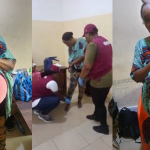
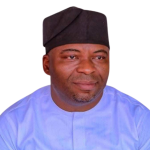

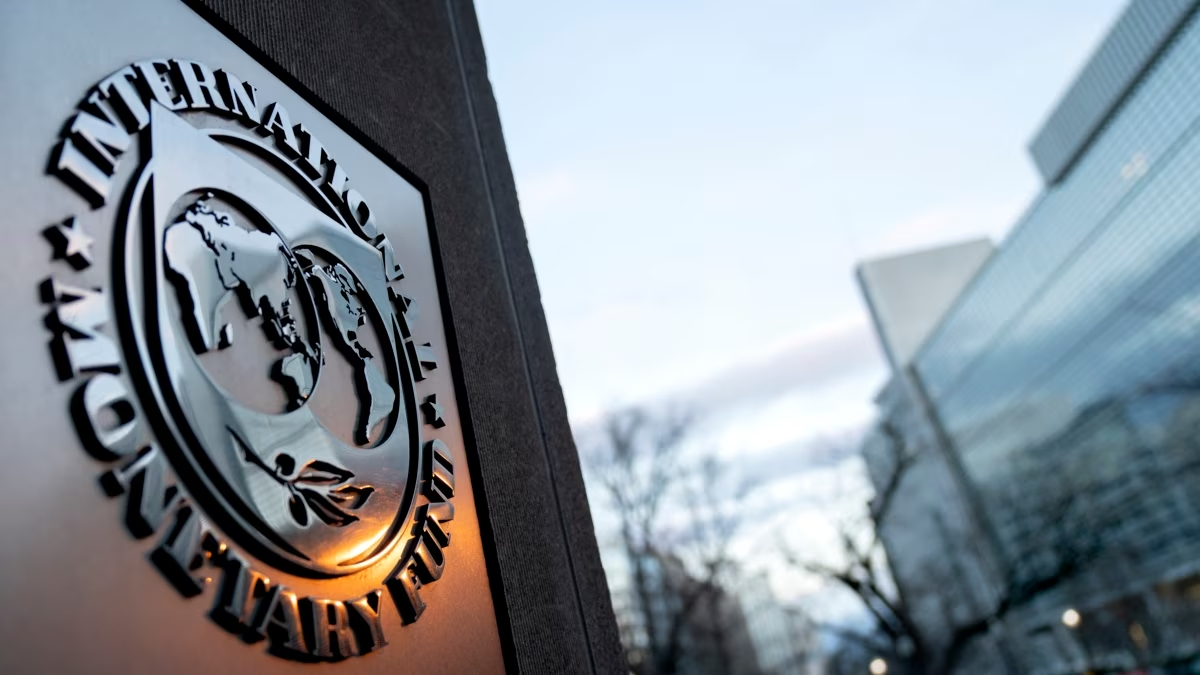


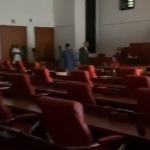




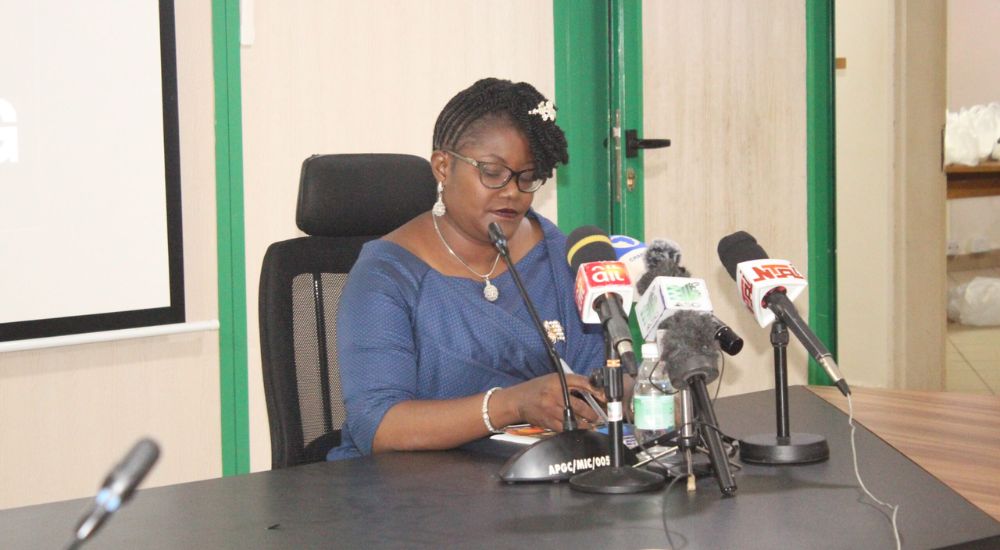


Leave a comment